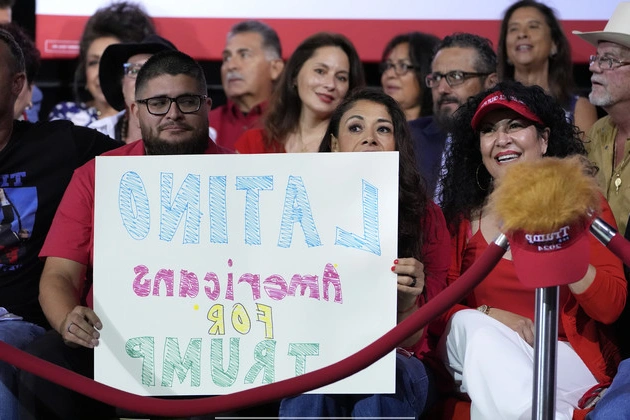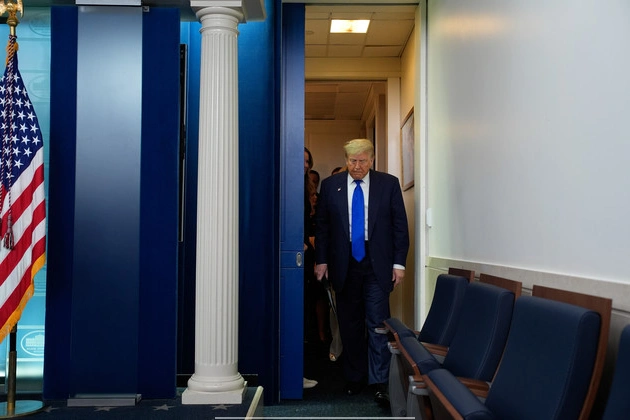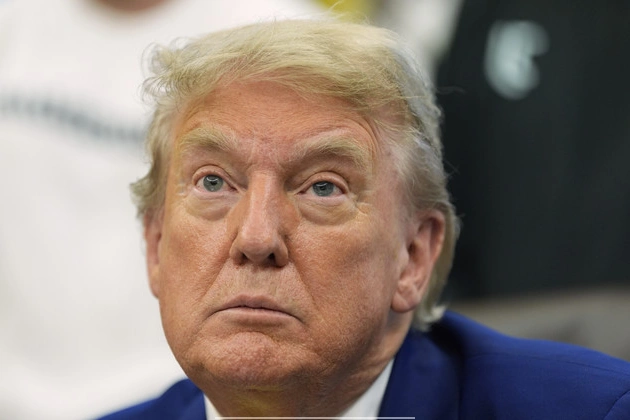
Latino voters who previously showed support for President Donald Trump are now exhibiting a significant shift, as indicated by a recent in-depth survey focusing on this demographic. The polling data, initially disclosed to POLITICO, unveils a notable decline in favorability towards the president among Latino independents and women.
Key Findings from the Survey
According to the survey conducted by Global Strategy Group and commissioned by Somos Votantes, a Democratic-leaning organization dedicated to Latino issues, Trump’s approval rating among independents plummeted from 43 percent in February to 29 percent in May. Overall, his approval among Latino voters dipped from 43 percent to 39 percent during the same period. The survey sampled 800 Hispanic/Latino registered voters nationwide between May 8 and May 18, with a margin of error of plus or minus 3.5 percent.
Notably, perceptions of Trump’s handling of the economy among Latinos have turned increasingly negative, with only 38 percent expressing a positive view. Among independents, this figure drops to 26 percent, while among women, it stands at 30 percent.
Somos Votantes President Melissa Morales emphasized the erosion of trust in Trump’s economic policies, citing a swift decline that poses a significant challenge for the president. The survey indicated that 56 percent of respondents believe the economy is deteriorating under the current administration, while only 19 percent perceive improvements.
Insights on Voter Sentiment
Addressing the economic concerns, Morales noted that many Latino voters sought change and a departure from their prevailing economic circumstances, rather than solely supporting Trump’s economic promises. Despite initial gains attributed to economic pledges, the survey suggests a waning trust in the president’s economic agenda.
Contrary to Republican expectations of sustained Latino support, the survey findings cast doubt on the effectiveness of the party’s outreach efforts. The National Republican Congressional Committee’s recent Spanish ad campaign targeting Democratic House members failed to resonate with Hispanic voters, signaling a disconnect between voter priorities and perceived party agendas.
Future Implications and Challenges
The survey outcomes underscore the evolving dynamics within the Latino voting bloc and the broader implications for political strategies moving forward. As Republicans seek to consolidate gains made among Hispanic voters, the survey points to a divergence between voter expectations and current political narratives.
With the midterm elections looming, the challenge for political parties lies in bridging the gap between voter sentiments and policy priorities. The evolving landscape of Latino voter preferences necessitates a nuanced approach that aligns with community interests and aspirations.
As the political landscape continues to evolve, staying attuned to voter sentiment and responsive to shifting priorities will be critical for parties seeking to secure electoral support.















